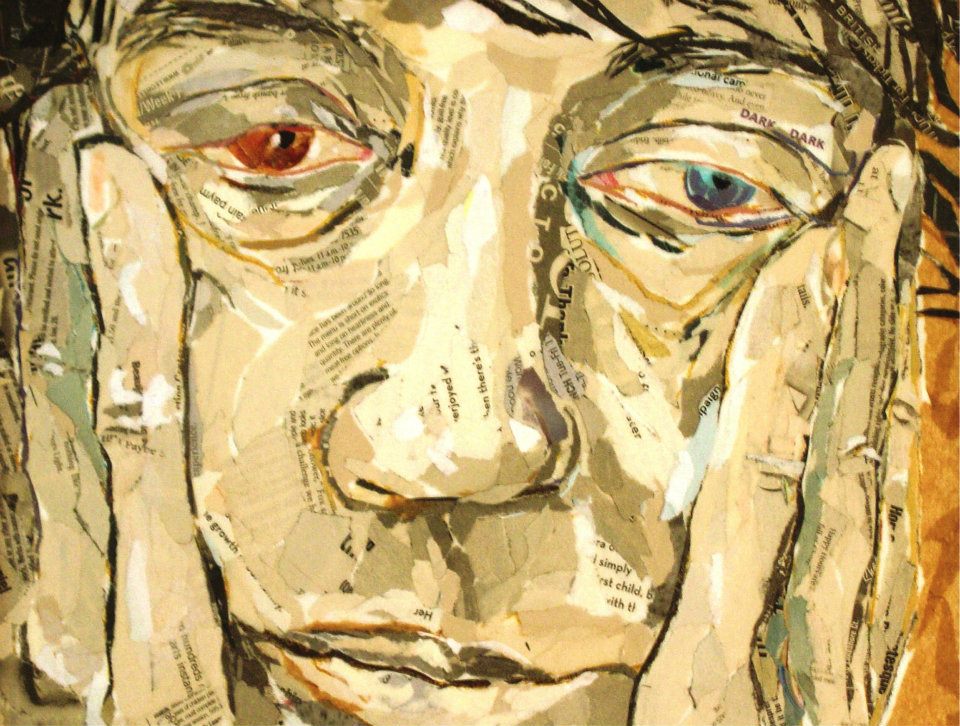In a mutually
interdependent world, none of us has absolute control over everything we choose
to do. You are either being influenced by others or exerting influence simply
by being who you are.
Nobody is 100%
original. Beethoven was influenced by Mozart. Einstein had Michelson. Almost
all of our decisions and ideas have been influenced by people we admire, peers,
teachers, religion, parents, bosses, etc.
Everything we say or
don’t say, do or don’t do, are or are not, that modifies, affects, or changes
someone else’s behaviour, thoughts, or actions, consciously or unconsciously,
for good or for ill
Influence is key to
solving everyday problems and making an impact. In fact, influence is happening
all the time at home and at work. Every single day, we are faced with the task
of persuading others. And every single day, we face resistance. There are two
fundamental paths to influence, according to research — dominance and prestige.
When we establish dominance, we gain influence because others see us as strong,
powerful, and authoritative.
When we earn
prestige, we become influential because others respect and admire us. Direct
influence functions linearly — the closer you are personally and physically to
others, the greater your influence over them, and vice versa. Influence begins
with you. You can’t get good connections if you are not ready to give it.
Influencing others is how we get what we want in life and career. It’s how we
make and improve relationships. It’s how we win negotiations, sell ideas, and
services to others. With or without your permission, you are being influenced
by the closest people around you. The more good influences you surround
yourself with, the happier you’ll be.
Influence others by
modelling positive behaviours
Do you relate well to
others? Do people want to support you because they like what you stand for,
what you do or who you are as a person?
To win influence
others and persuade people, appreciate the good in them. Charles Schwab once
argued, “I consider my ability to arouse enthusiasm among my people. The
greatest asset I possess and t way to develop the best that is in a person is
by appreciation and encouragement.”
People like to be
appreciated. You don’t have to overdo it. But the more you genuinely appreciate
the good in others, the more they are likely to draw closer to you. Never
forget to appreciate the people close to you.
Positive objective
feedback is important for our growth, but criticism wounds a people’s pride
hurts their sense of importance and arouses resentment. You will not win people
over if you are a nagging constant in their lives.
There is a natural
human tendency to dislike a person who brings us unpleasant information, even
when that person did not cause the bad news. The simple association with it is
enough to stimulate our dislike. Criticism usually makes us strive to justify
ourselves. If you must criticise, call attention to others’ mistakes
indirectly, especially if you are having a conversation with sensitive people
who may resent bitterly any direct criticism.
Many people fail to
notice even the smallest good things in others. Make others feel respected and
valued despite their shortfalls.
Empower the people
close to you and make them feel confident. When you think of empowering others,
think of the good old saying ‘People will forget what you said, but they will
never forget how you made them feel’.
“You can make more
friends in two months by becoming interested in other people than you can in
two years by trying to get other people interested in you, ” says Dale
Carnegie. People will immediately start liking you if you show interest in them
first.
To persuade others,
boost your confidence. Confident people tend to rise to the top quickly than
those who lack a sense of confidence and are insecure. Work on your social
skills and become comfortable in your own skin.
Franklin D. Roosevelt
had great influence during WWII by confidently stating “we will win
through absolute victory” in his 1941 speech after the attack on Pearl Harbor: “No
matter how long it may take us to overcome this premeditated invasion, the
American people, in their righteous might, will win through to absolute
victory.”
He sounded more
confident and people trusted and believed him.
There is no single
right way to influence or persuade others. But in the end, our actions matter
more than we think.
Connection with other
people is fundamental to our survival. Human connection is better given than
taken. Every single one of us can be influenced — but we are also all capable
of influencing others. To make real progress in life and at work, you have to
improve your persuasion skills.
Conclusion
Influencing people is about understanding
yourself and the effect or impact you have on others. Whatever you do, your job
will require you to influence people. It pays to adapt and modify your personal
style if you want to make a positive influence on others and win their








